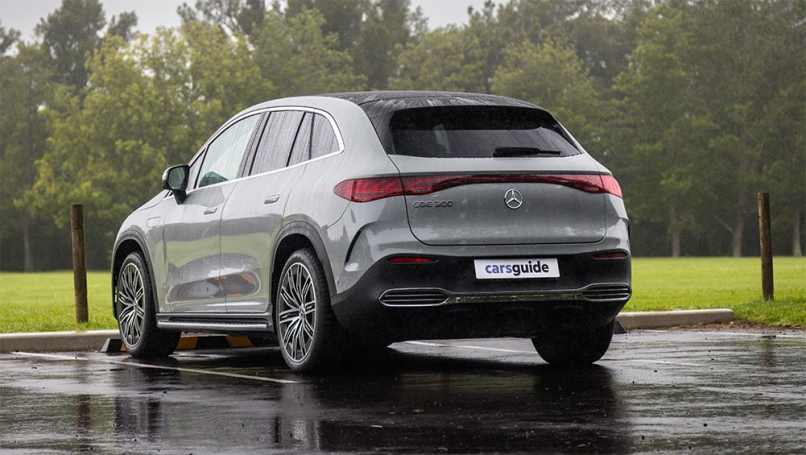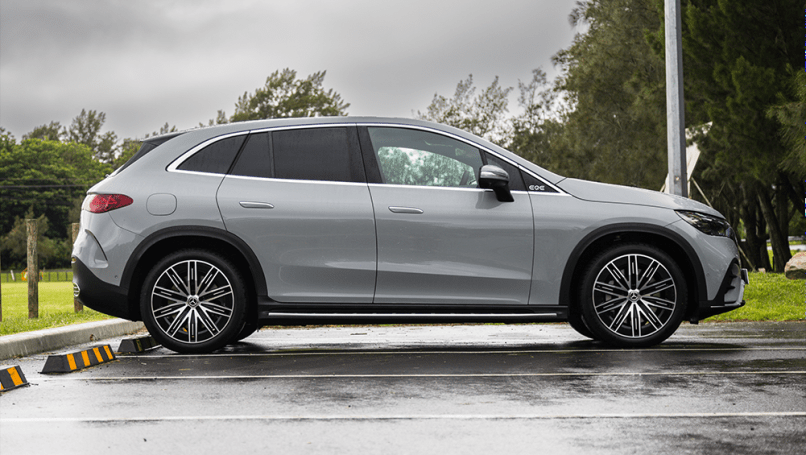
The new car sales winners of 2024: Toyota, Mitsubishi, Ford, BYD, Suzuki, GWM and more!
The Australian new car market is more competitive than ever before and the 2024...
Browse over 9,000 car reviews

Mercedes-Benz is doing the opposite of what almost everyone else is doing.
The German brand is reportedly pulling money out of its electric car development and reinvesting it into new petrol-powered models.
Benz is planning on spending €14b (AU$22.6b) on developing new petrol-powered cars, according to German publication Wirtschaftswoche.
This is in stark contrast to other major carmakers, which are decreasing investment in new internal combustion engine (ICE) cars and moving their money towards new electric cars.
This announcement follows on from reports earlier this year that stated the company was axing its plans to build a new large electric car platform and redevelop the existing one instead. This move will affect the current EQE and EQS electric cars.
Reports claimed the move would save the company up to €6b (AU$9.7b).
The change has been brought on by slowing electric car markets in Europe and the US, especially at the top end of the market.
Mercedes-Benz’s boss Ola Kaellenius told German publication Wirtschaftswoche the company expects its engines to last well into the next decade.

These new engines are expected to be electrified, and the company appears to have a renewed focus on plug-in hybrids.
The latest Mercedes-AMG C63 is fitted with a plug-in hybrid set-up, combining a heavily boosted 2.0-litre petrol engine and an electric motor to make 500kW and 1040Nm.
It can travel a short distance on electric only power and uses much less fuel than the previous twin-turbocharged V8-powered generation.
This is the technology Mercedes-Benz is investing in. Kaellenius said if the company didn’t keep investing in its engines they would no longer be the technological leader in a few years time.
Kaellenius also let slip the company had spent more than it usually would on a facelift of the petrol-powered S-Class flagship sedan, which is due in 2026.

Mercedes-Benz recently walked back plans to sell only electric cars by 2030 and instead is aiming for 50 per cent of sales to be a mix of plug-in hybrids and electric cars by that time.
Sales of its EVs in Australia have been slow in 2024. In fact, sales of most Mercedes models are down compared to 2023, with the exception of the the more affordable EQA SUV, which is its best selling EV.
The EQE SUV only went on sale this year and is the second-best selling electric model in Benz's Aussie line-up.
Toyota, Mazda and Subaru are other brands with renewed investments in combustion engines, though unlike Mercedes-Benz the Japanese brands were always more cautious of EV investment.
Comments